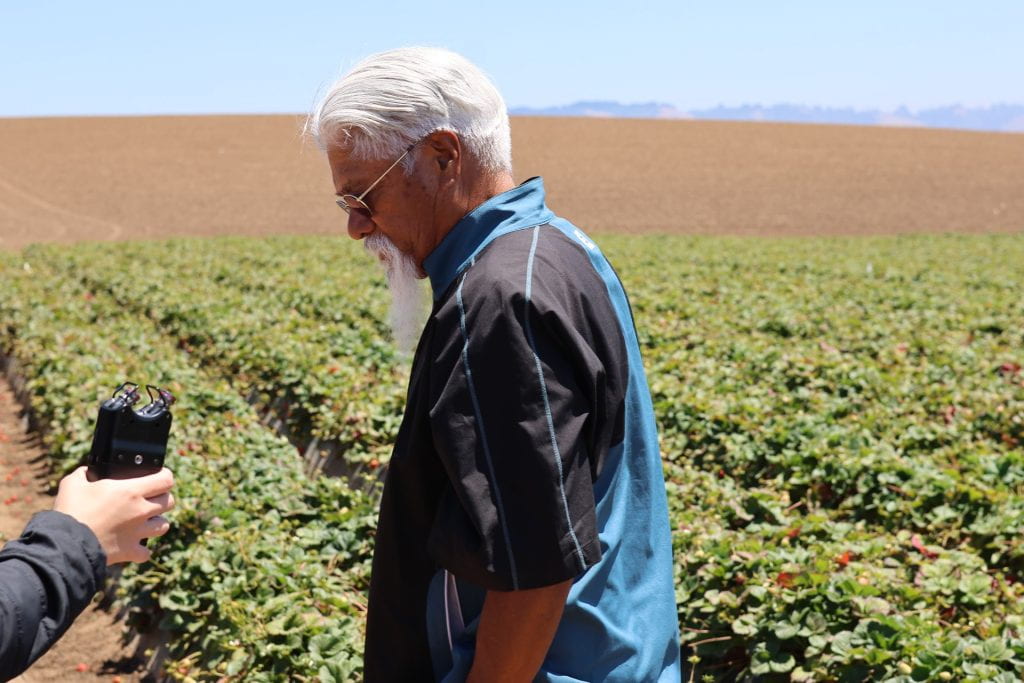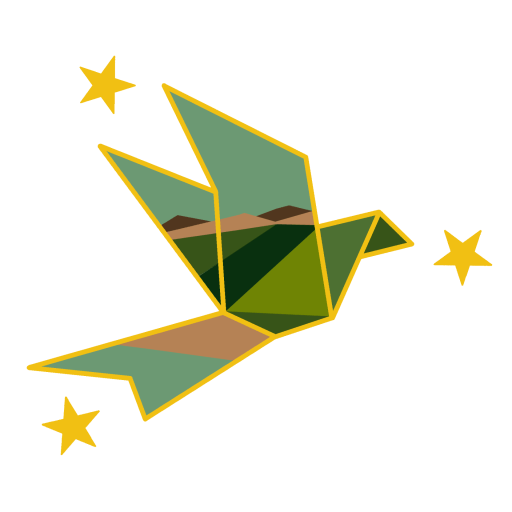What is Oral History?
Oral history is a historical research method and a field of study that centers the collection and preservation of individuals’ and communities’ stories and memories. Oral history involves an interviewer conducting recorded interviews with individuals (commonly referred to as narrators), who have knowledge related to past events, historical periods, or topics of interest.
Three central principles distinguish oral history from other interviewing practices. First, oral history revolves around individual and collective memories. Oral historians acknowledge and analyze the ways in which narrators’ memories of the past are shaped by dynamic social and personal contexts. Second, oral history interviews are co-created. This means that they are dialogic collaborations between the interviewer and the narrator. While interviewers ask questions based on thoughtful planning and preliminary research, narrators are able to direct the interview in order to focus on what they deem important to share. Third, oral history is grounded in ethical practices that respect narrators and their communities and are informed by ongoing consent and engagement. Importantly, narrators are ensured the right to edit and remove their interviews from public repositories.

Project Values and Methods
1. Highlighting Multiple Perspectives
We actively select narrators whose experiences differ depending on variables such as gender, racial and ethnic identity, families’ province of origin in the Philippines, class position, educational and marital status, forms of labor, involvement with community organizations, and areas of settlement within the Pajaro Valley. As a result, our oral history collection represents multiple perspectives and therefore expands narratives of the manong generation and more holistically documents the experiences of diverse members of the Pajaro Valley Filipino American community.
Our team utilizes two methods to identify and form relationships with potential narrators. First, Recio introduces our team members to individuals and families who are interested in participating in the oral history project. Second, previous WIITH narrators and contributors also suggest and facilitate introductions with their family members and friends who they think would be productive participants in the oral history project. Our team interviews all community members who are interested in sharing their stories. In addition, we also seek out narrators whose experiences differ from our initial interview cycle (2020 – 2021). Together, these methods allow our team to build a broad pool of narrators with various perspectives. They also help us to build credibility and trust with our community collaborators.
2. Narrator Agency and Ownership
We are committed to an ethical interview process focused on informed and ongoing consent. This involves thoroughly informing potential narrators of the scope and timeline for the project, any future use of their interview, and what to expect during the interview process. We require documentation of informed consent before proceeding with an interview. We also provide narrators with the opportunity to review, request edits, or withdraw their interview before making it public. Our narrators are also able to request to edit or remove their interview from the public archive at any time. Additionally, we emphasize narrator agency during the interview by providing space for them to dictate the duration and location of the interview. We further emphasize their right to choose not to answer questions or share information that they deem inappropriate or irrelevant.
3. Co-Creation and Dialogue
In an attempt to work against prevailing power structures within academia that center a single authorial voice, a notion that many archives are built upon, we commit to an ethics of co-creation and dialogue. At every step of the interview process, we enter a conversation with our narrators to ensure that their perspectives are integrated into both the structure and product of the interview. At the onset, this requires nurturing relationships with our narrators that are built on respect. This means that we, as scholars, acknowledge that our narrators are specialists. Working with specialists like them offers an exciting opportunity to collaborate on the interview, and we take advantage of this by asking them to lead the conversation.
Furthermore, we ask our interviewers to create a pre-interview guide that requires them to conduct prior research on their assigned narrator and select potential themes to discuss. However, this is a guide for the interview, and we are not beholden to its structure. While we use it to brainstorm potential avenues of inquiry, we allow our narrators to direct the interview to topics that are more pertinent and meaningful to them. This interview structure requires us to be active listeners throughout the entire interview in order to follow the natural flow of conversation. In addition, interviewers pose questions that prompt our narrators to reflect and analyze their experiences. As a result of these methods, our narrators disclose new and surprising histories that change our preconceptions as researchers, ultimately informing the scope of the oral history project.
